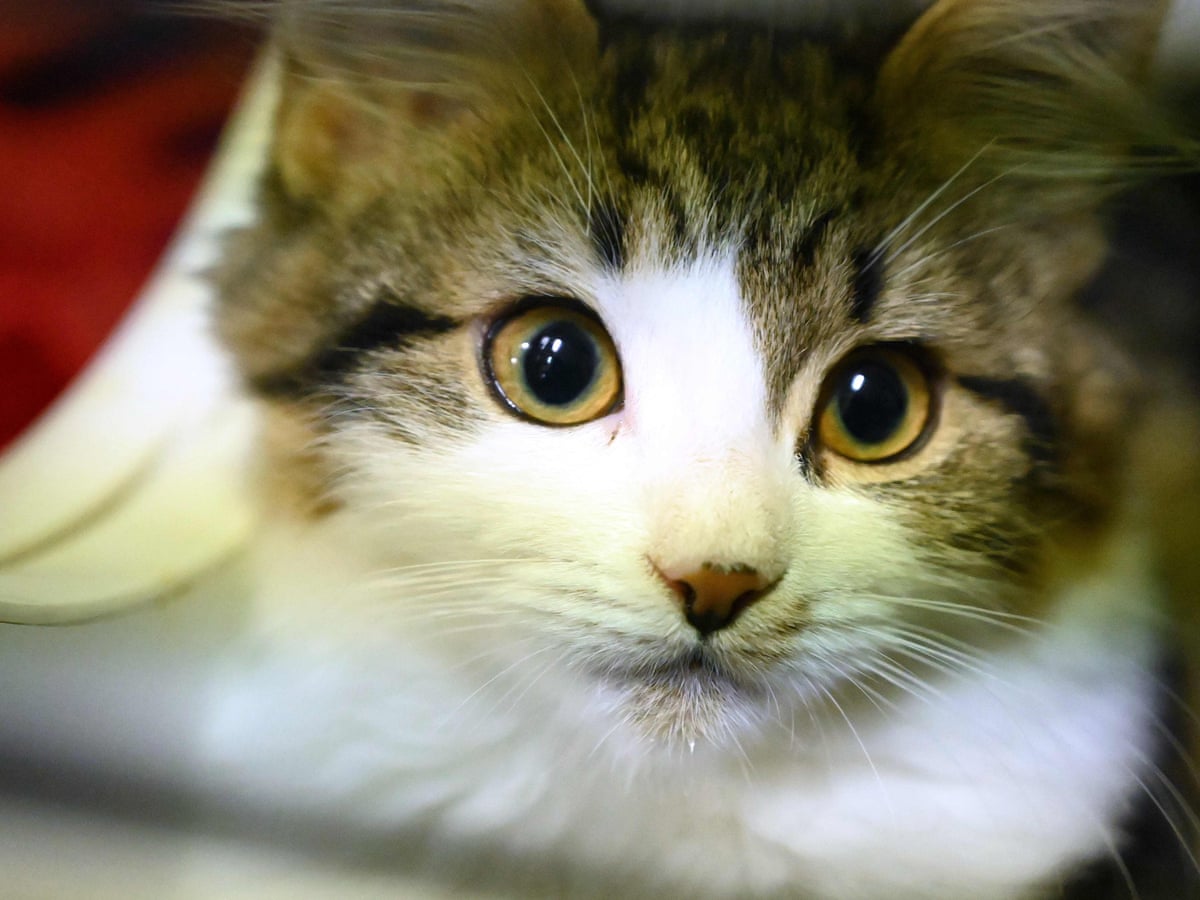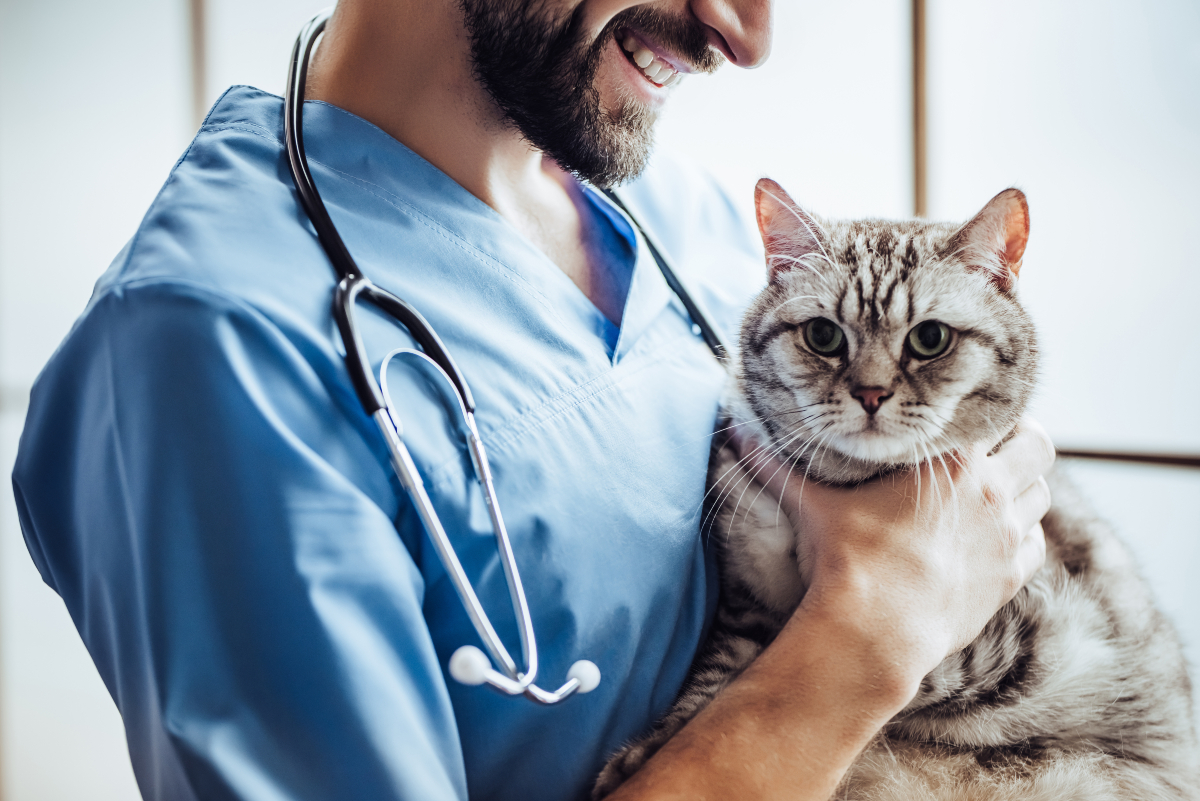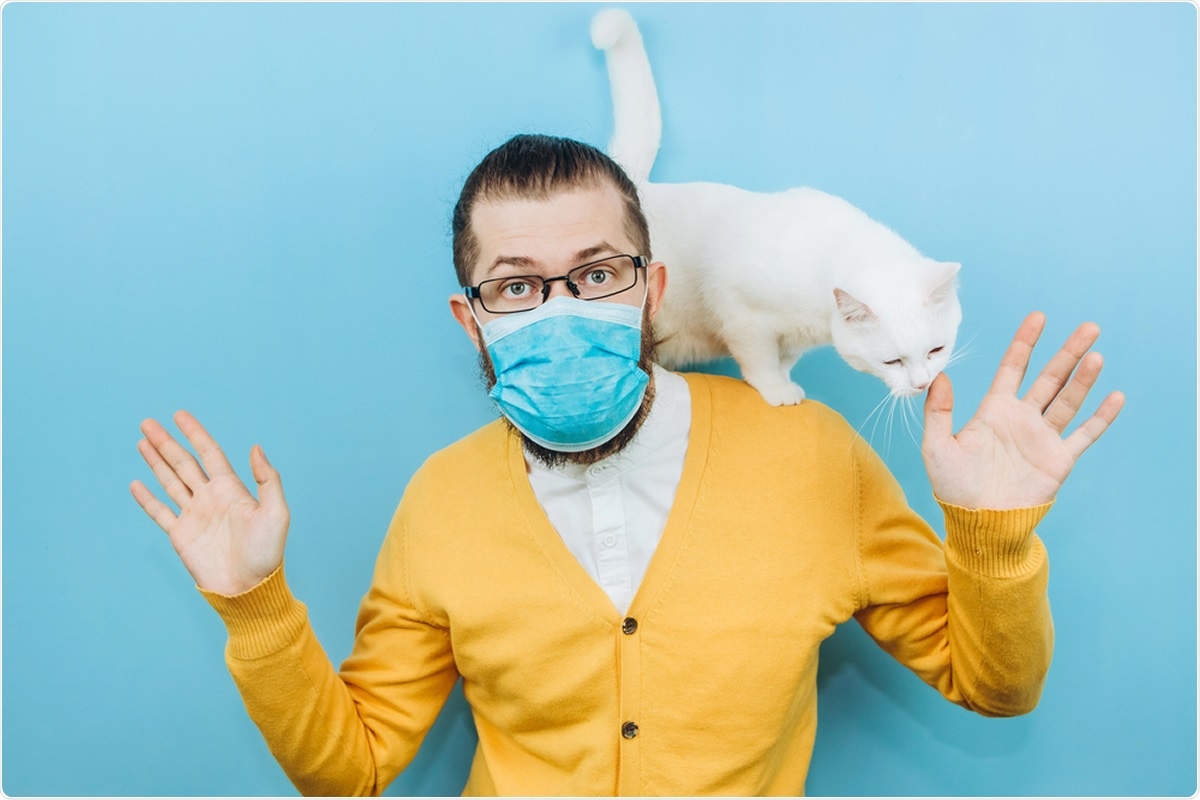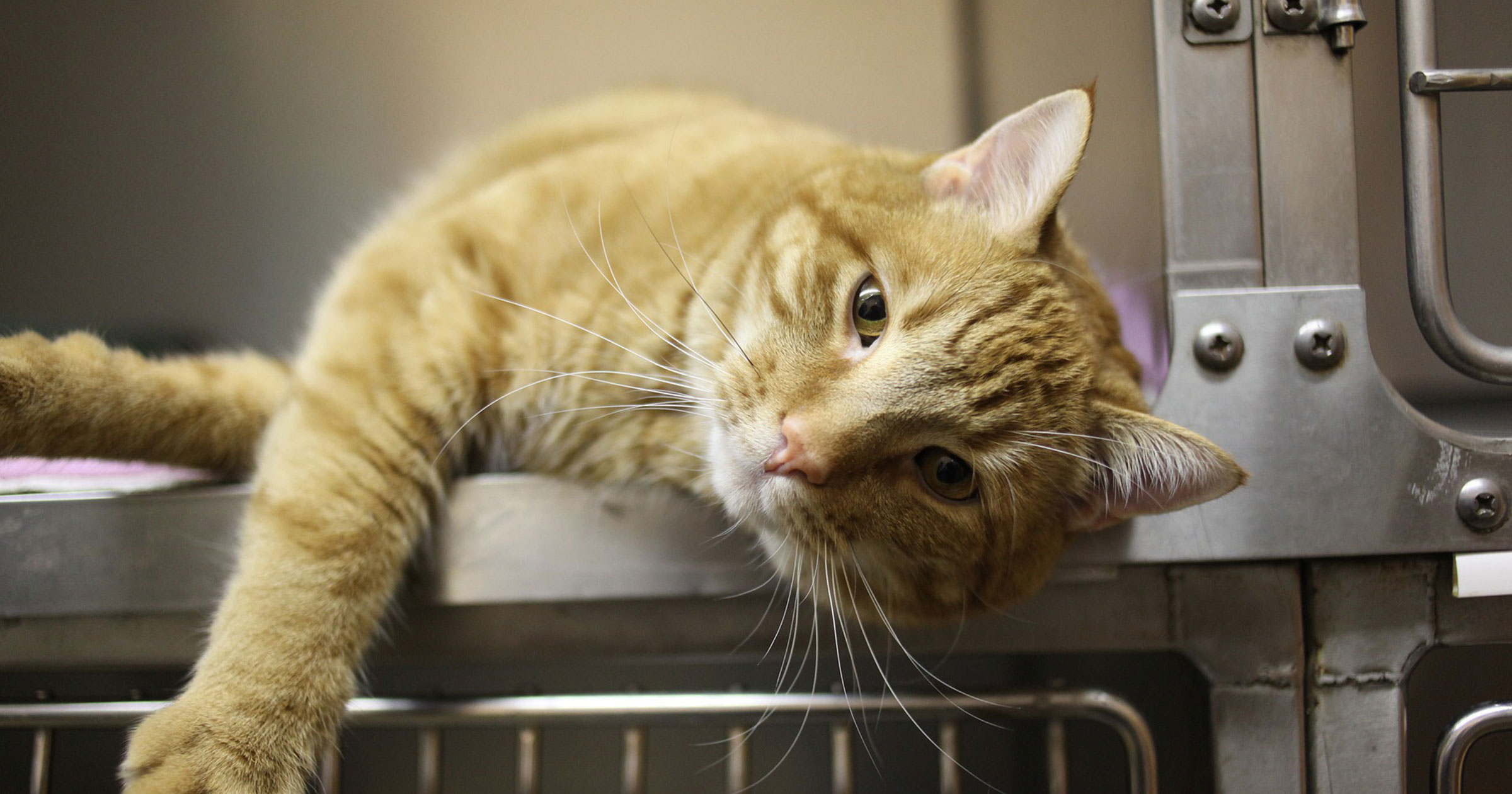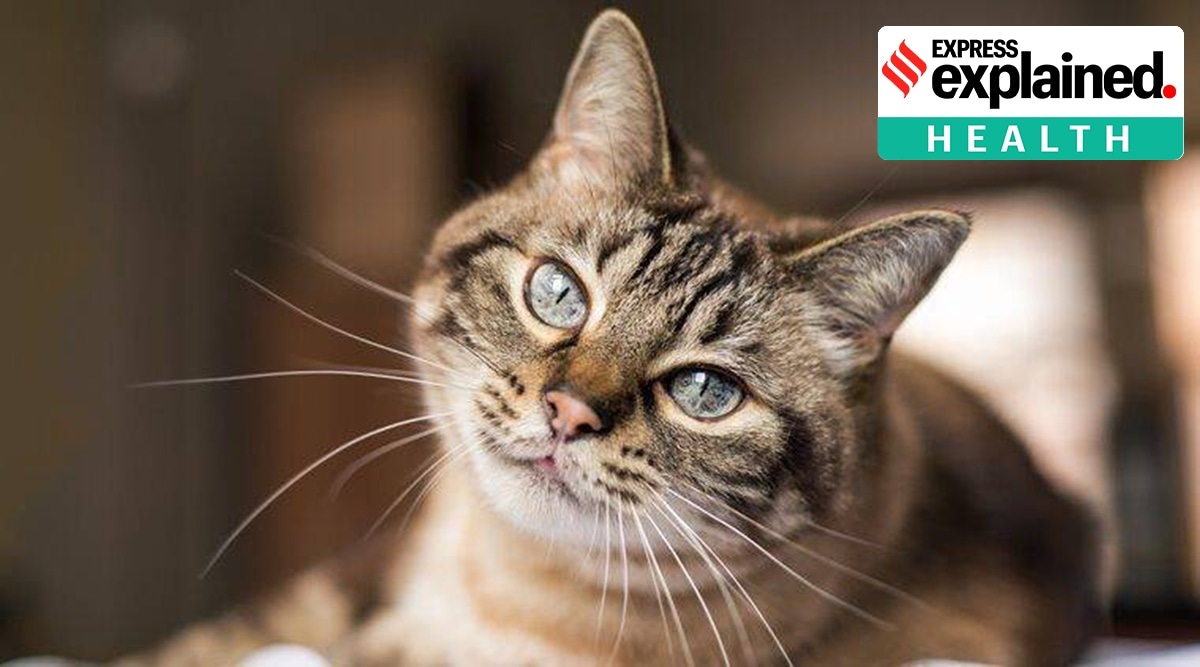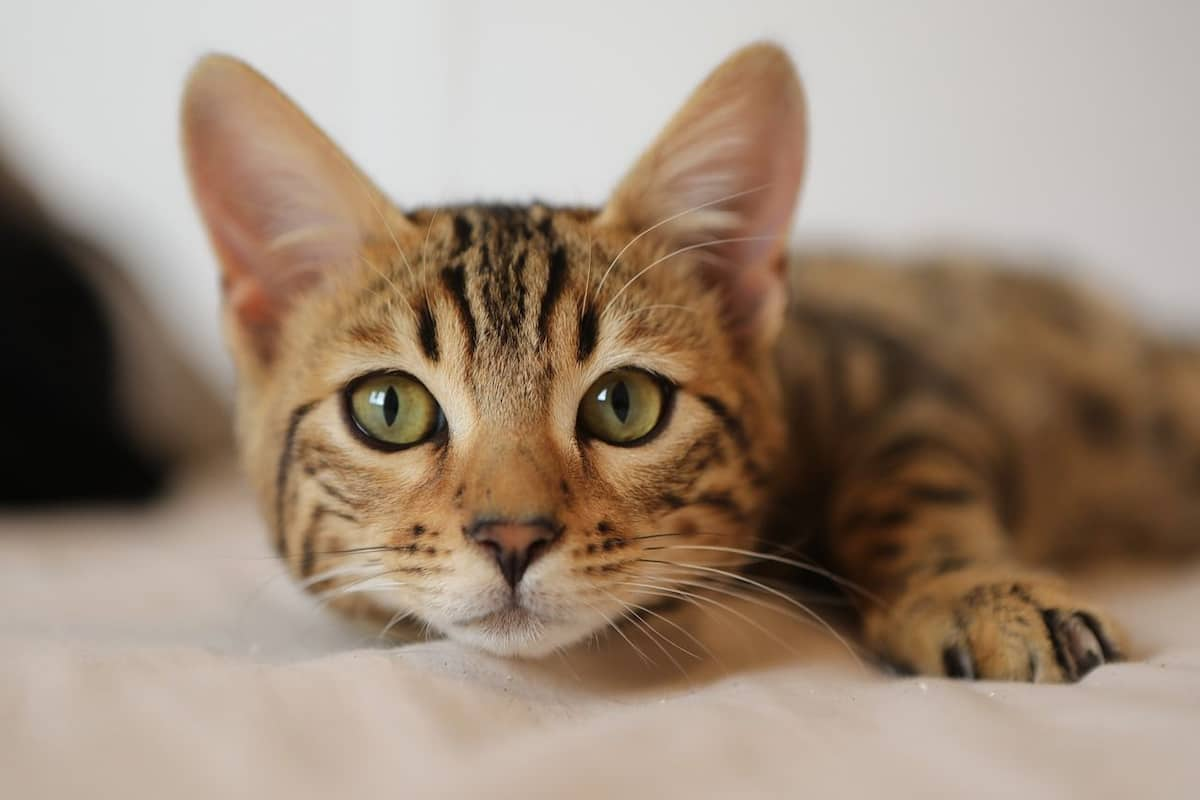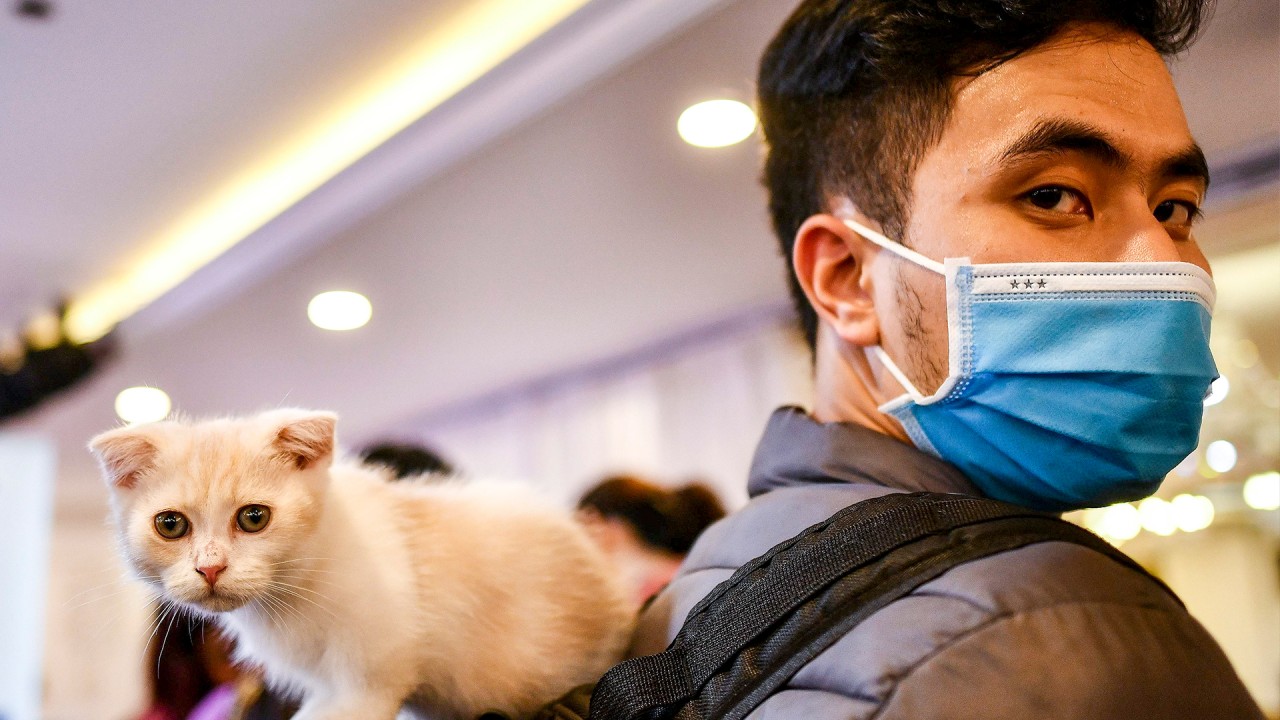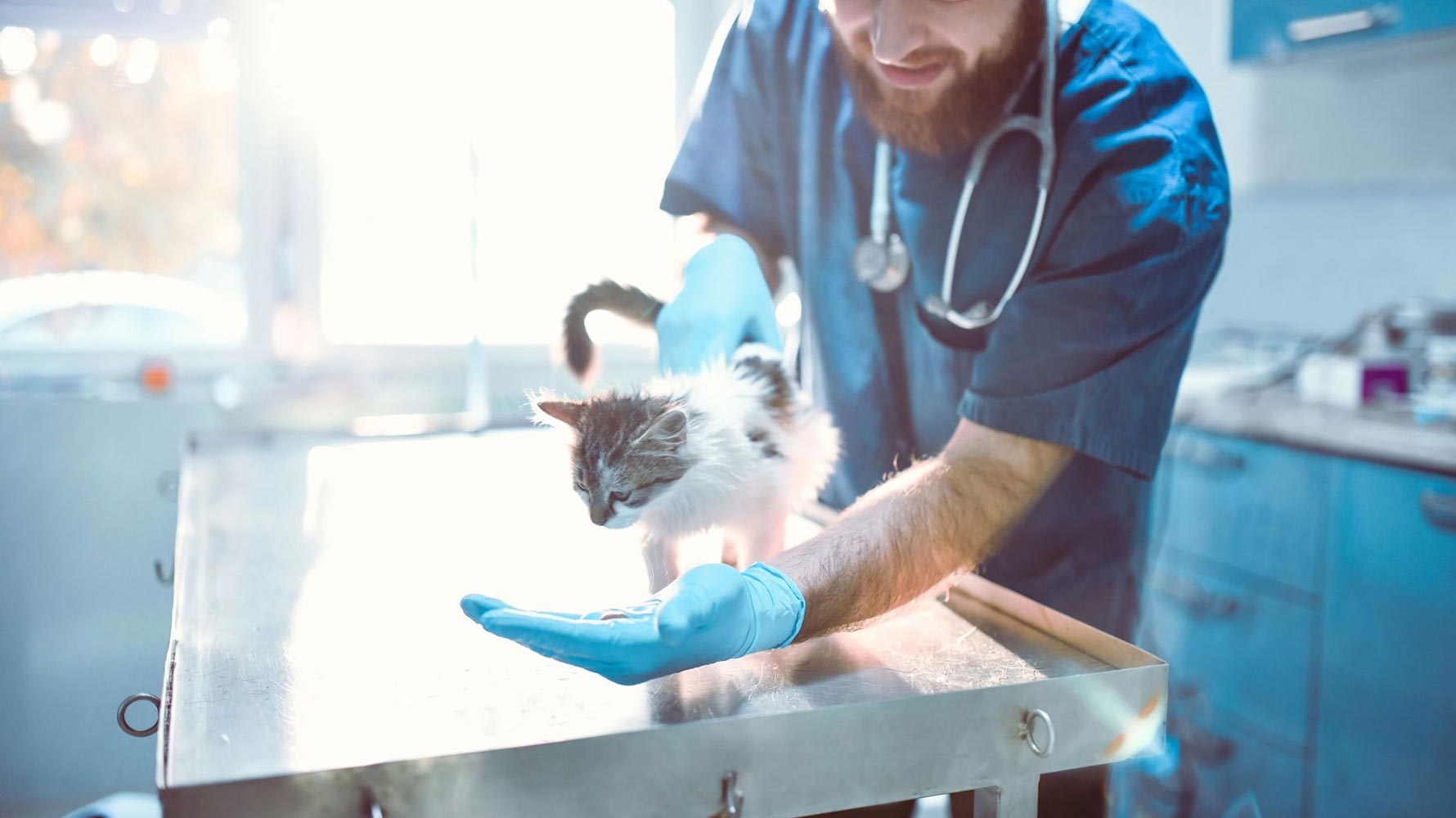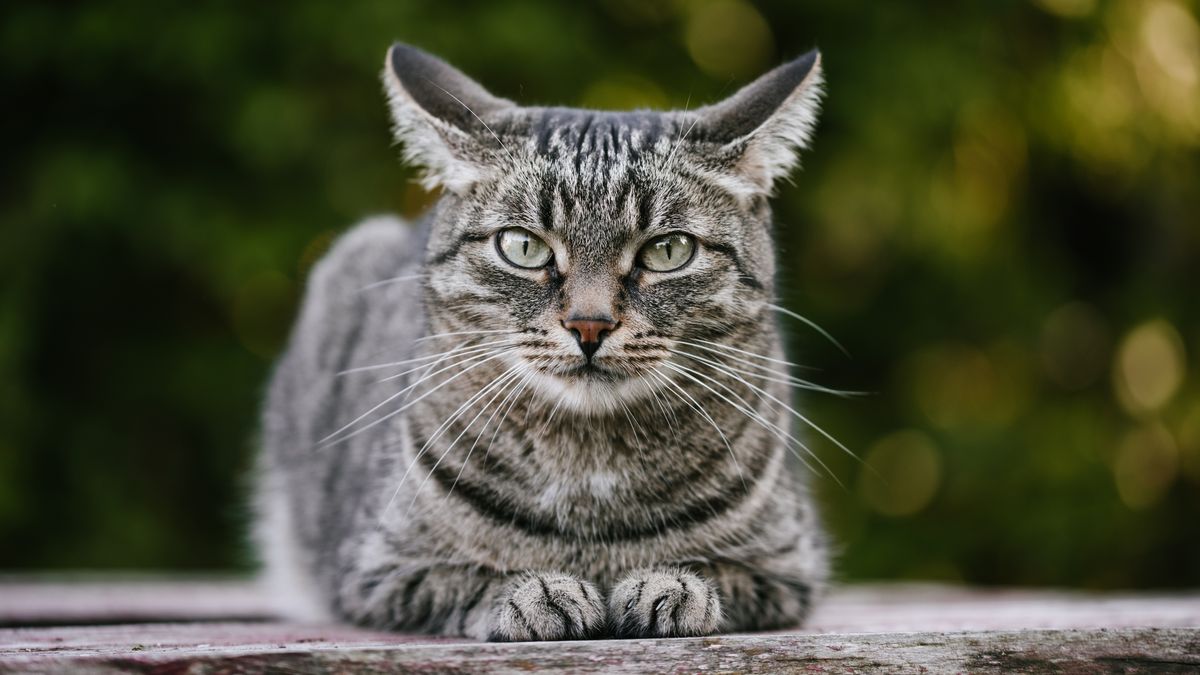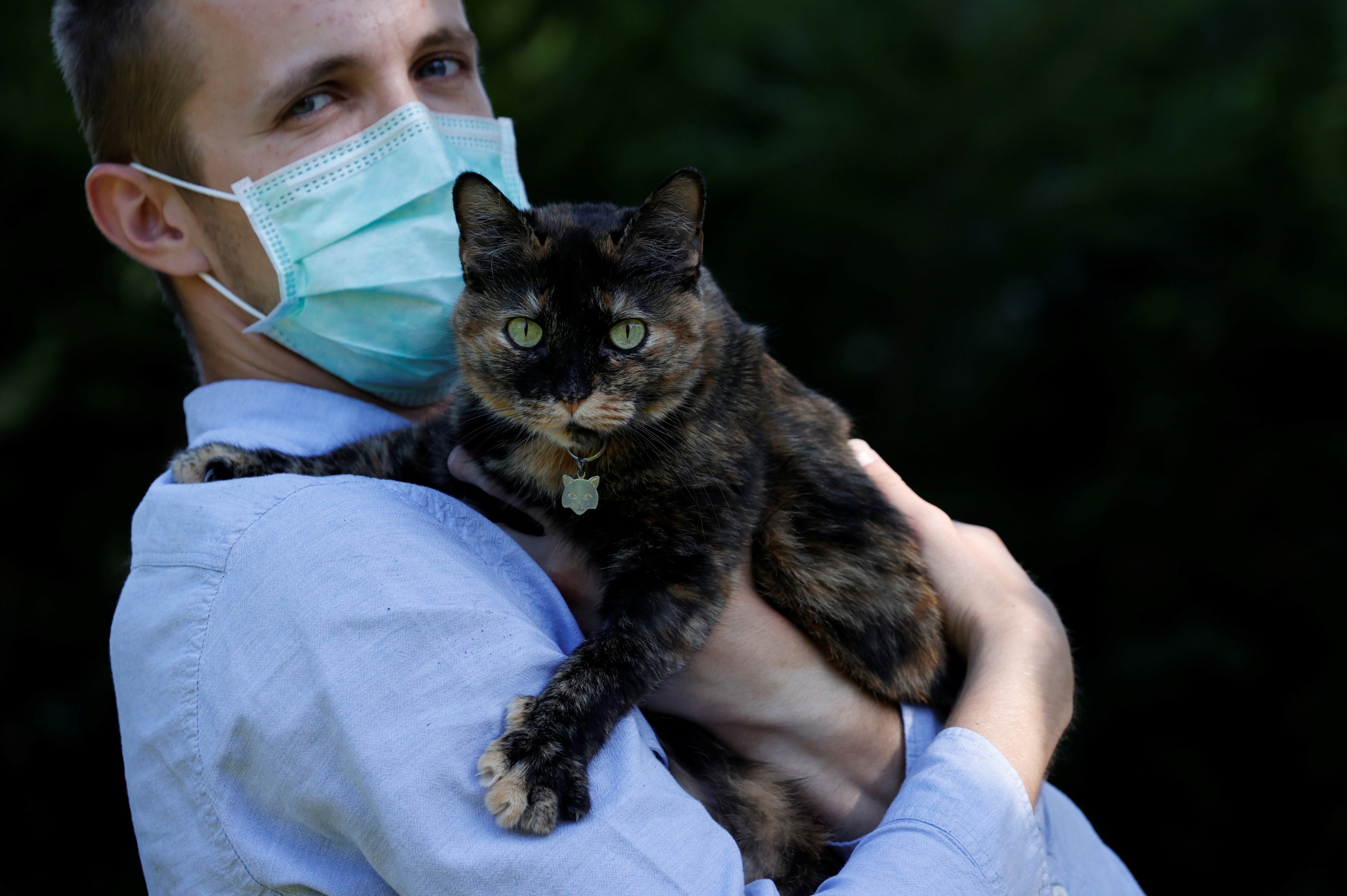Cats And Coronavirus Infection
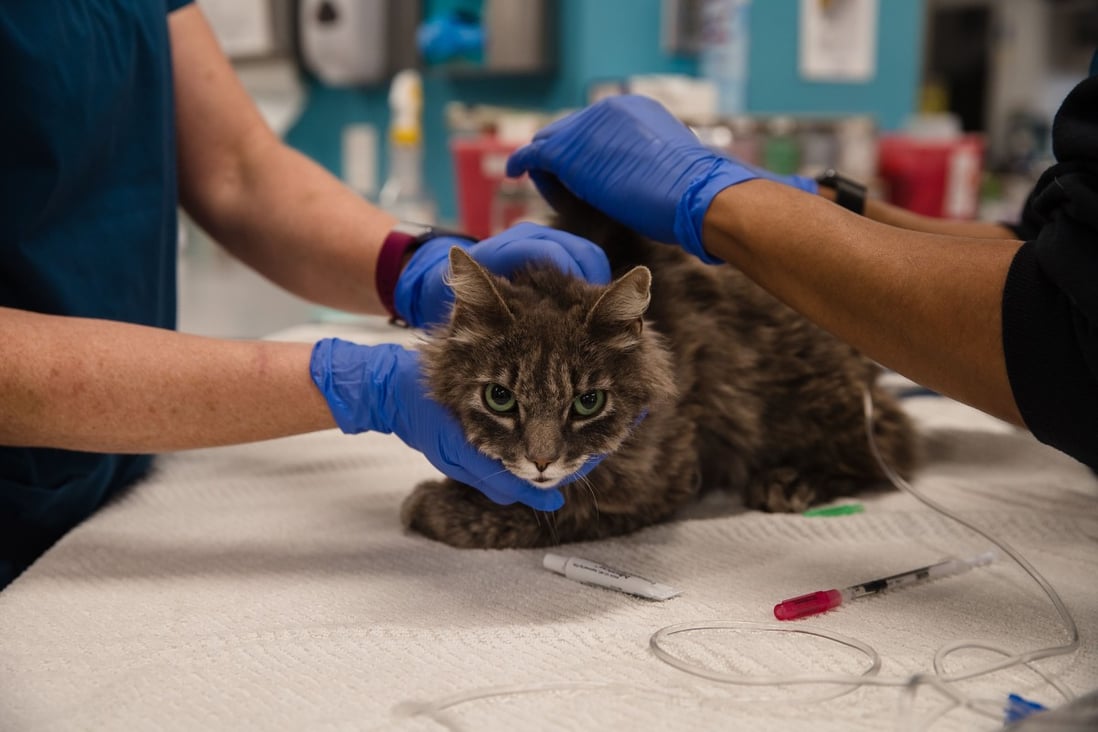
It is estimated that 2540 of household pet cats have been infected with FCoV but the infection rate increases to 80 100 per cent for cats kept in multi-cat households or colonies.
Cats and coronavirus infection. Household cats are more susceptible to coronavirus infection than dogs a new study has warned In the study the team looked at samples from blood serum collected from 239 cats and 510 dogs. It is important to note that Feline Coronavirus FCov is not associated with the current coronavirus pandemic. Feline Coronavirus FCoV is a common viral infection in cats.
This happened mostly after the animals were in close contact with. This virus has been designated feline enteric coronavirus to differentiate it from FIPV. BEIJING - Three pet cats that tested positive for coronavirus were put down in the north-eastern Chinese city of Harbin state-backed media has reported leading to a social media backlash at what.
An enteric coronavirus that is antigenically closely related to feline infectious peritonitis virus FIPV is ubiquitous in the cat population. Public concern about felines was initially raised when tigers and lions at the Bronx Zoo in New York were found to be infected with SARS-CoV-2 the virus which causes COVID-19. What is Feline Coronavirus or FCoV.
The virus is shed in the feces by many seropositive cats. It is more commonly found in multi-cat households and does not affect other animals or people. None of the cats.
FCoV is a common and contagious virus which is passed in the faeces of cats. Some cats continue to shed virus indefinitely however. Companion animals including pet cats and dogs and one ferret.
Animals reported infected include. An enteric coronavirus infection of cats and its relationship to feline infectious peritonitis. According to the CDC the following signs may indicate that your cat has contracted COVID-19.
